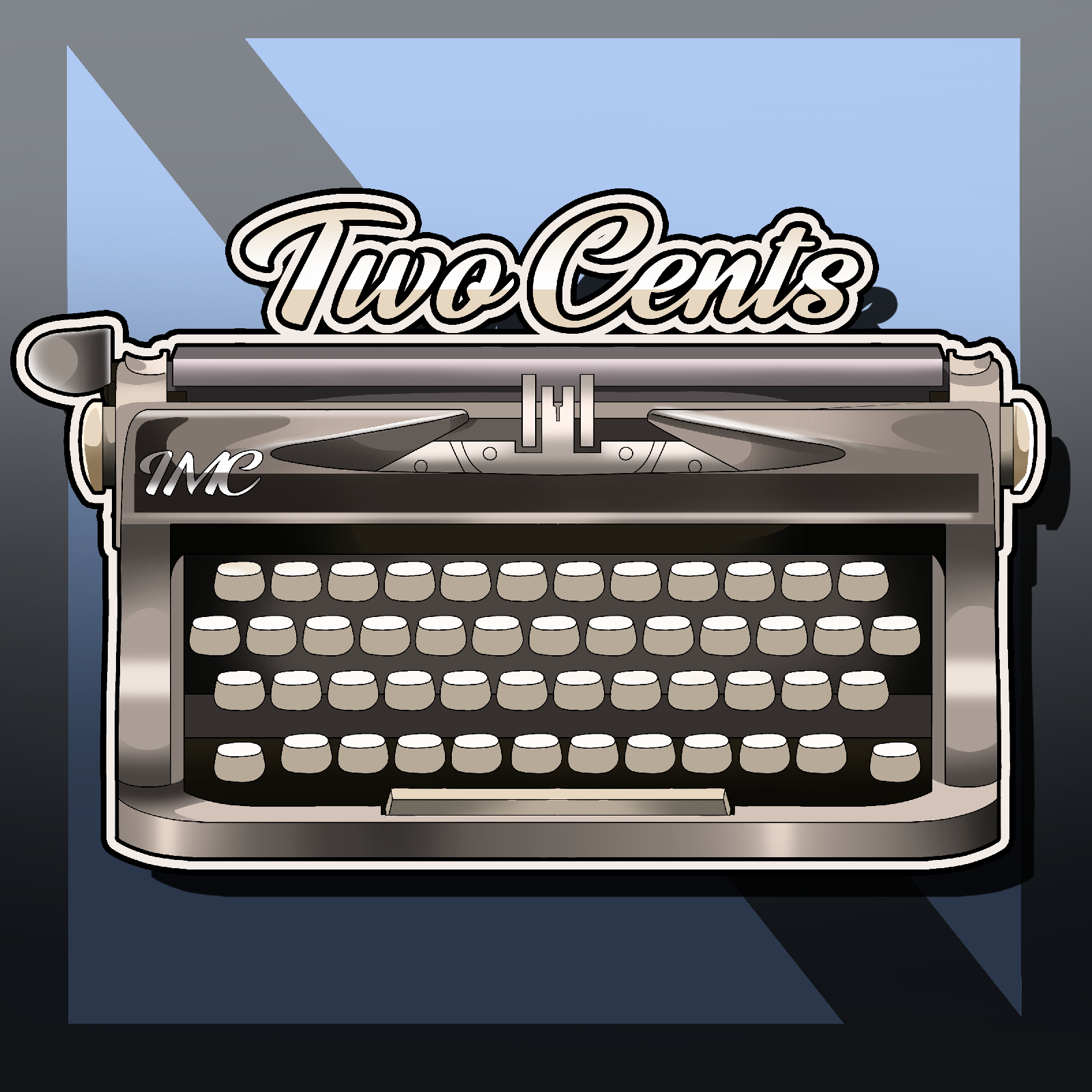Trying Something New: Outlining for Revision
Hello funny people. This post is going to be a bit of a "writing life update," so please bare with me.
Writing-wise, I've been plugging away at my long-standing novel-in-progress. It's nearing completion (I just have to get the last climax right), but once this draft is done it's going to need a lot of revision. In preparation for that, I've been simultaneously writing an outline for revision.
One of the things my brother and I have bonded over as we've aged is our mutual love of fantasy novels. He's read damn near everything that Brandon Sanderson's published (and that's a lot), which in turn is what got me reading his work, and I finally convinced him that he should give Joe Abercrombie another chance (really if you can get past the prologue of The Blade Itself, and into the first few chapters, you're okay). As a result, Sanderson has been dominating my TBR pile as of late.
Long before I read his books though, I watched his lectures from BYU on writing SF and Fantasy. I watched these as they were coming out all the way through my undergrad career, and I've found them really inspiring. However, only recently have taken the fundamental difference between Brandon's process and mine and begun to apply it.
Brandon is an Outliner, and I'm not (not really).
As I've been working on the first draft of this novel, trying to get it finished, I started thinking that maybe I should give outlining a try to help me revise the book. So, for the last several days, I've been Outlining every part of the book that I've written, largely to get a better handle on the primary change I want to make: add more viewpoints.
At the moment, my book only has one viewpoint character, which is atypical for a fantasy novel, unless you're writing in first-person (which is also semi-atypical for now). However, I figured that, since most of my fiction in recent years has been limited to a single viewpoint—to better learn how to do viewpoint, especially third-limited—I knew I was going to need some way to organize and keep track of everything I planned on changing.
So, I started creating an outline.
I typically don't outline, mainly because with short fiction, I never do or did. It's short, and thus there's less you have to worry about, but also the stories tend to be (comparatively simpler). One character. One problem. One decision: do they solve it and got what they want, or not. And even with the first draft of this novel, I didn't really outline. I had some major plot beats in my head, as well as a first and last scene, but that was about it. Everything else between those stops on my foggy roadmap was up for grabs as I wrote.
However, as I've written this book, I've come to recognize the underlying issues it has (my inner-critic never shuts the hell up). The biggest one being that I have all these other characters, who can add so much story to this tale that it's a waste not to include them and bring those extra dimensions to the story. Plus, I'd get the joy of using dramatic irony, the technique of letting the readers (that's you guys reading this now), in on things that my characters don't necessarily know.
Given that this is my first time using an outline for anything, I have to admit I'm surprised at how fun it is.
Pulling this thing together has given me another change to look at the current draft with new eyes and a fresh perspective. I can see what works and I can see what I might need to change for the sake of improving the story. It really does have that "first draft joy" going for it, so I can see why people do it.
In addition, I can see the great benefit of having a flexible plan in place. It rally takes a great deal of anxiety off your shoulders as you work through it. You really are, in minor detail of course, telling yourself the story for the first time.
Finally, and most importantly for my purposes, it has allowed me to clearly map out whose head I'm occupying in a given moment. Viewpoint is one of the hardest things to master as a writer, and yet, it is also one of the most fundamental skills we all have in our literary toolbox. So being able to block out which character is seeing what, along with what they don't see, is very important to me. In the long run, of course, I hope that it will make for a better reading experience when I finally get this thing out into the world.


Comments